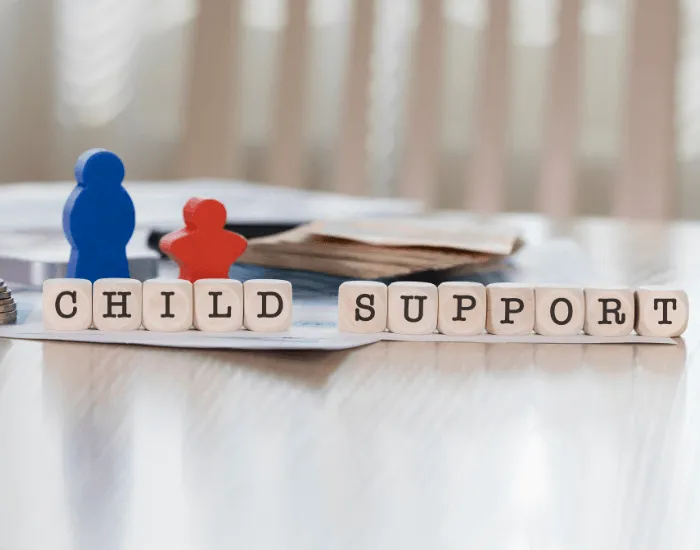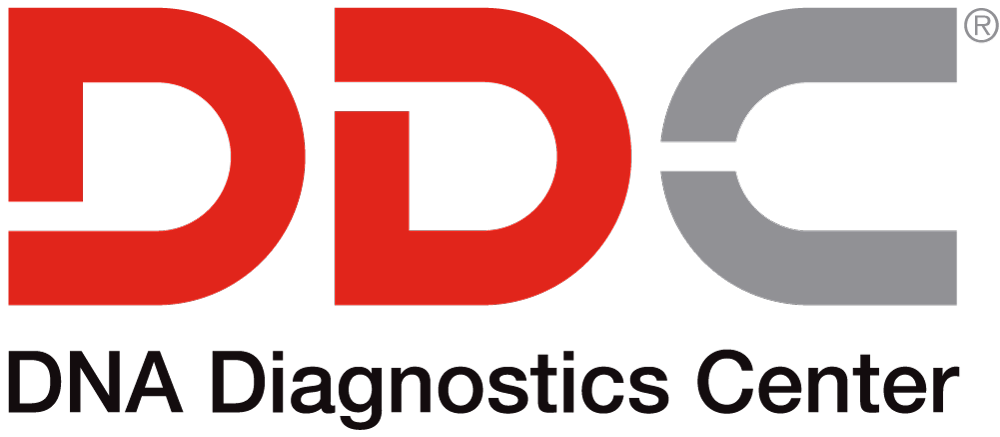JULY 31, 2014
Do I Need a DNA Paternity Test for Child Support?

DNA maternity testing and paternity testing has become a common tool in the courtroom for determining child support and custody in divorce cases. In fact, DNA testing is often required now in certain family law situations to resolve questions of parentage.
DNA test results can mean the difference between child support and no child support. The results can be used to relieve a man of the burden of child support if the tests show he is not the child’s biological father. Today’s DNA testing produces conclusive answers to maternal and paternal identities with accuracy rates up to 99.99999%.
The Case for Establishing Paternity
When the mother and father of a child are unmarried when the child is conceived (and possibly also when born), the father is not automatically considered the child’s legal father. He is referred to as the “alleged father.” An alleged father’s name does not have to be listed on a child’s birth certificate unless he has been legally determined to be the father of the child.
Once an alleged father has legally acknowledged that he’s the child’s father or a court has determined that is the case, the court will require that he pay child support, if that is part of the discussion. The court may also grant him visitation rights or custody of the child.
While paternity and child support cases can be drawn-out, acrimonious affairs, even fathers who have dodged parental involvement as long as possible have come through after being identified by DNA testing. Rock superstar Mick Jagger was taken to court by Marsha Hunt, an early love, over their daughter Karis. They settled out of court, and Jagger became close with Karis, with Hunt revealing in a 1991 interview that she admired Jagger’s eventual involvement with his daughter. Apple founder Steve Jobs is another father who eventually came clean and stepped forward into his daughter’s life to meet his obligations after DNA testing.
In many states, there are a number of ways to establish paternity. Individuals can work directly with an AABB Laboratory to initiate a legal paternity test. Both parents can sign an official voluntary acknowledgement of paternity form. The state child and family services agency can enter its own paternity order. Also, a judge can issue an order of paternity decision. In the latter two situations, DNA maternity testing and DNA paternity testing can help bring these orders to a swift and conclusive resolution.
Do you need a DNA test if you’re involved in a divorce or a child support suit? Often times—you do. Even the government relies on DNA testing to administer programs such as TANF (Temporary Aid to Needy Families), to make sure that non-custodial parents are identified and assisting their children through active child support payments.
DNA Maternity and Paternity Testing
At accredited labs like ours, DNA Diagnostics Center, your DNA testing remains confidential and secure. Typically such a lab:
- Coordinates DNA sample collection appointments as requested by the appropriate attorneys or clients.
- Handles DNA is every U.S. state as well as many countries overseas.
- Follows a strict chain of custody in all legal DNA testing cases to ensure the official security of your results.
- Every sample is tested twice to ensure process accuracy, reviewed by a qualified laboratory director and then notarized.
Collecting DNA for maternity and paternity testing is performed with a cheek (buccal) swab. A trained professional will sweep the inside of your cheek or mouth with a special swab to gather cells for testing. Buccal swabs are painless and non-invasive, and their accuracy and reliability are virtually identical to that of blood tests.
Samples are handled in a “chain of custody” procedure that ensures the results will be accepted by courts and other government agencies. For a DNA test that will stand up in court, all the tested parties must have their DNA samples collected at a certified facility such as a local hospital, medical office, health department or certified facility.
If you are getting a DNA test strictly for your own knowledge, rather than as part of legal proceedings that must stand up in court, you could opt to purchase a less expensive home DNA Test. With a home test, the tested parties collect their own DNA samples and mail them to a DDC laboratory for testing. Before you order a home test, however, consider whether or not you might ever want to use the results for anything other than your own personal knowledge — that way, you won’t need to purchase another test later.
About DNA Diagnostics Center (DDC)
DNA Diagnostic Center is the world leader in paternity and relationship testing. We serve healthcare professionals, government agencies, and individuals around the world to determine family relationships with trusted accuracy.
More Questions? Don’t hesitate to call us: we’re here to help!
CALL NOW




